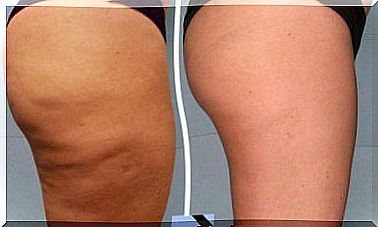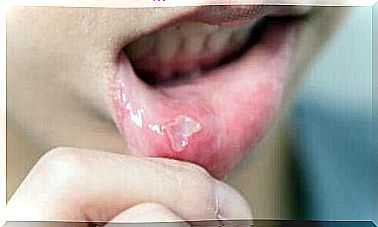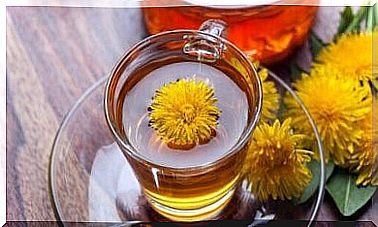Why We Should Eat More Ginger
What we commonly refer to as “ginger” is the root of a plant that is somewhat reminiscent of bamboo, reed or sugar cane.
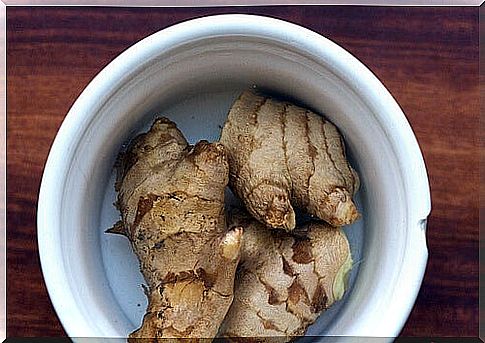
Ginger is a tasty root that is often served candied with tea, but is also used in warm cuisine, especially in Asia.
In addition, this root is also an ancient medicinal plant that helps against various ailments. We have selected 7 home remedies for you in which ginger plays the main role.
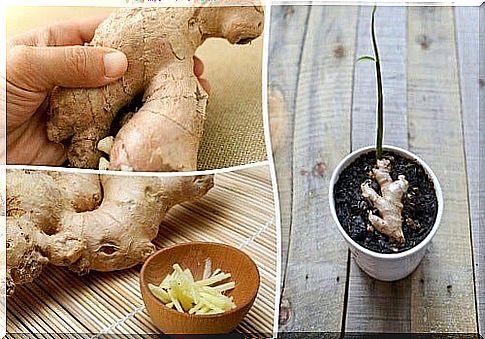
What is ginger
What we commonly refer to as “ginger” is the root of a plant that is somewhat reminiscent of bamboo, reeds or sugar cane. Ginger grows mainly in the tropics and subtropics, but is also grown in France.
The root, which is available in our store, has had a very long journey. Since China exports the most, “our” ginger usually comes from China.
You can also grow this root at home if you want to make sure you always have fresh roots available without exposure to Chinese pesticides.
It’s much more than just a kitchen spice. Read here what is in the sharp root!
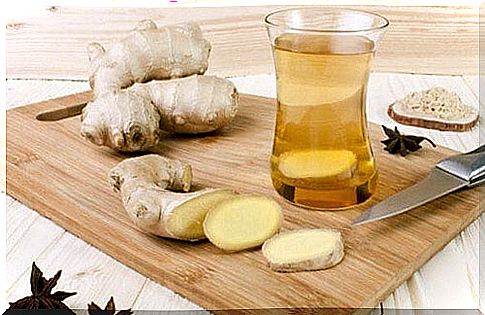
It works against vomiting
Science has not yet figured out why and how exactly it works, but various studies have shown with certainty that it helps against vomiting and motion sickness.
Herbal remedies for seasickness contain concentrated ginger extract.
The advantage of “travel tablets” with ginger is that, unlike other “travel tablets”, they do not make you tired and you can continue to actively and safely participate in road traffic, or you are still able to steer your boat on the high seas.
Warning: It is not suitable for pregnant women and should not be used against nausea during pregnancy!
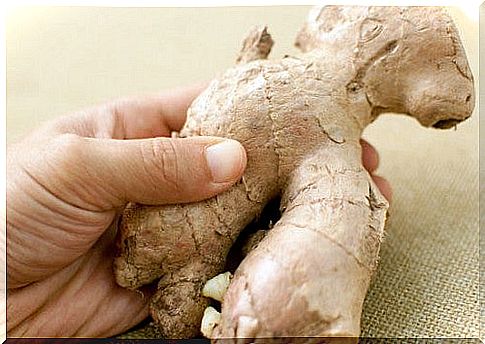
It’s a light pain reliever
One component inhibits an enzyme that becomes active in the body when there is pain. If this enzyme is inhibited, the pain is then alleviated. The principle works like a pain pill, only a little more gentle on the stomach and more natural.
Components of the root are particularly effective against muscle pain, but also with mild headaches and rheumatism, as ginger also has anti-inflammatory properties.
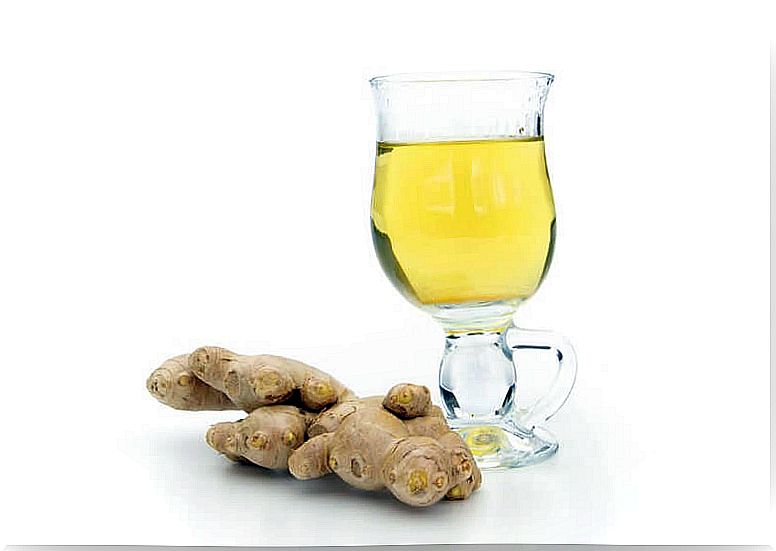
It inhibits inflammation
Active ingredients from the ginger root work well against inflammation. In combination with the analgesic effect, Inger is particularly popular in the therapy of rheumatism, as ginger reduces pain and inhibits inflammation.
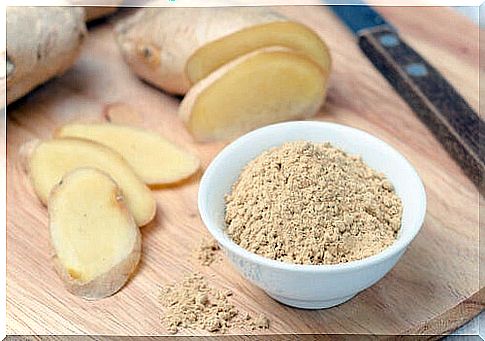
It promotes digestion
Ginger leads to the fact that digestive secretions are released and thus digestion is supported.
You can easily tell by biting on a piece of raw ginger: the saliva will begin to flow together in your mouth. The better the food is salivated (and chewed), the better it is digested!
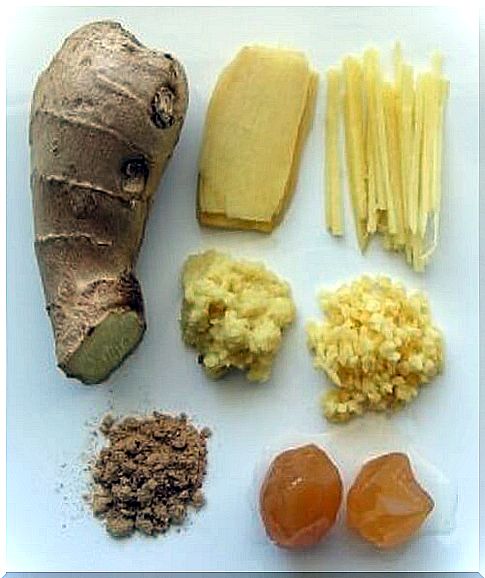
It’s antibacterial
It is particularly popular with colds with bacterial sore throats. This is because ginger has an antibacterial effect. Its essential oils kill bacteria and also have an expectorant effect on coughs.
An intensive ginger tea made from fresh ginger roots is therefore an ideal companion through the winter season and the best remedy for a sore throat.
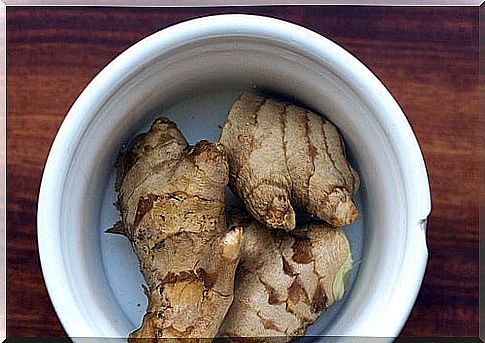
Ginger gets the circulation going
The spicy essential oils get your circulation going, the blood pressure rises, the heart rate increases slightly. What is good for many people, especially in the winter months, should be better for people with high blood pressure.
Because if you already suffer from high blood pressure, ginger also increases your blood pressure. Ginger can therefore only be used to stimulate the circulation if the blood pressure is low.
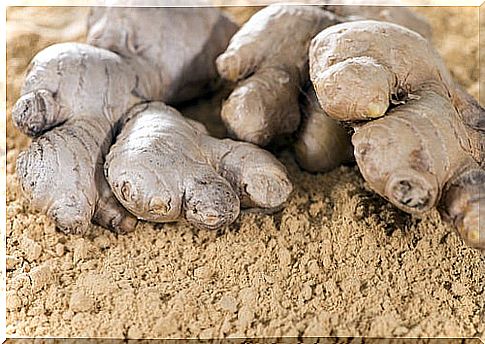
Ginger has a warming effect
The hot oils contained in this root stimulate blood circulation and create a pleasant feeling of warmth.
A hot ginger tea works twice as well. It promotes blood circulation, especially in the mucous membranes in the throat area, which is why it also helps prevent colds. Well-perfused and moistened mucous membranes are ideally protected against infections.
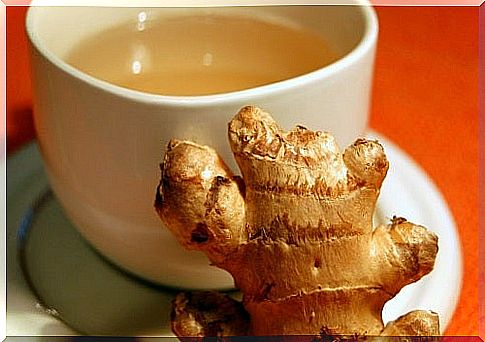
Ginger tea recipe
If you don’t have the time to make fresh ginger tea several times a day, we have a recipe tip for you. You need:
- 1 ginger root
- water
Peel the ginger thinly and grate the root into pieces with a coarse kitchen grater. Now boil these pieces of ginger in about 1 liter of water for at least 10 minutes so that as many active ingredients as possible are dissolved.
Then pour the brew through a sieve and use it as a base for ginger tea. It stays fresh for a few days in the refrigerator, but you can also freeze it to ice cubes in the freezer and then just add hot water.
If you have a juicer, you can also extract the juice from ginger roots and freeze the juice into ice cubes and then make a tea from it.
